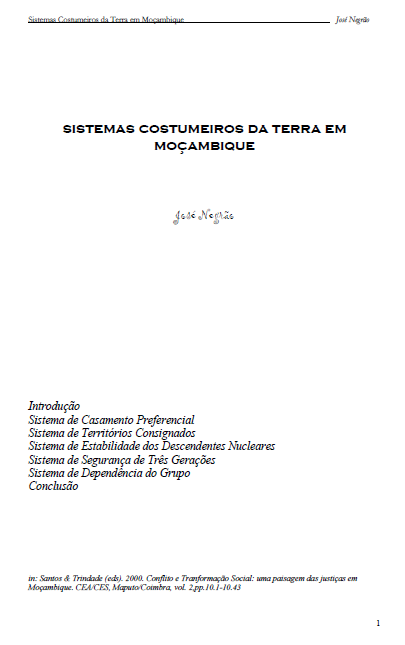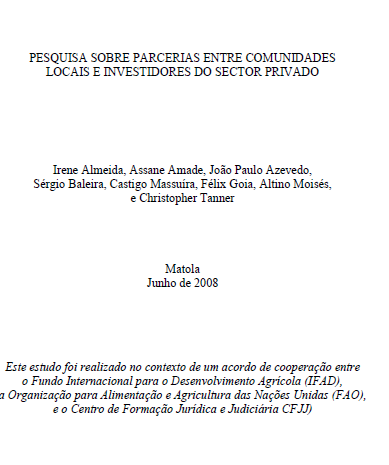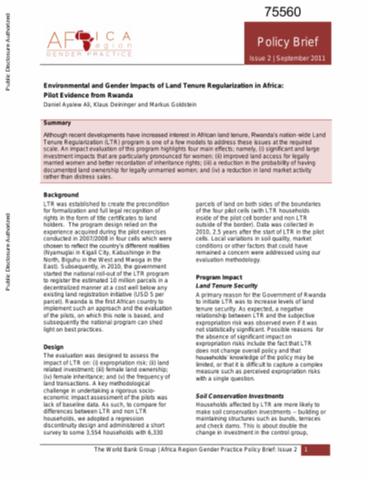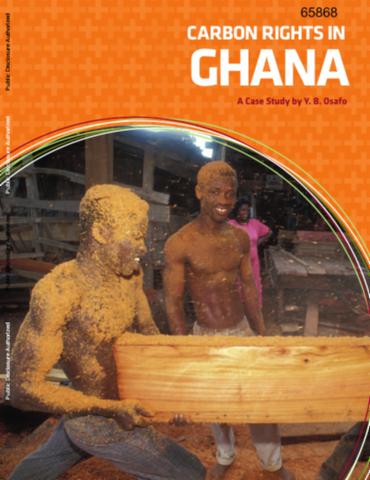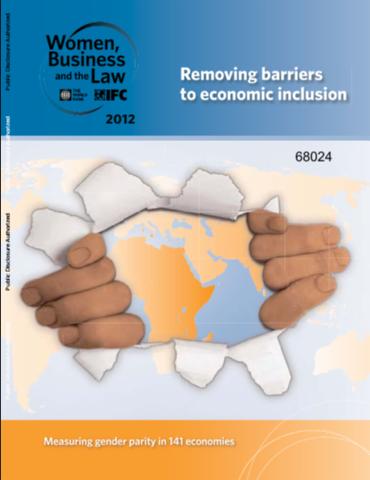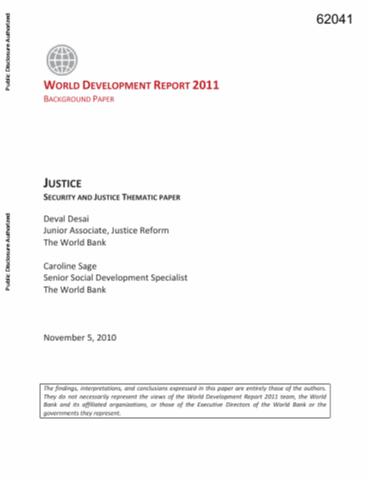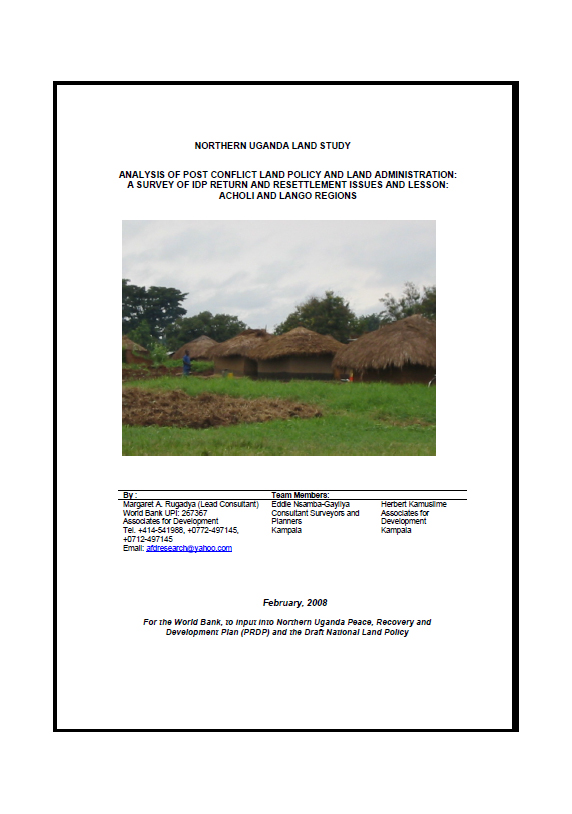Traditional land matters – a look into land administration in tribal areas in KwaZulu-Natal
This paper is concerned primarily with the functions of land administration. Its
purpose is to describe the current land administration practices as understood by
traditional structures with a view to unpacking some of the components of the existing
African tenure arrangements in KwaZulu-Natal. This, it is hoped, will help to create a
base to understand how communal land systems operate, regardless of which structure
governs them, in order to support practices that secure tenure effectively.


